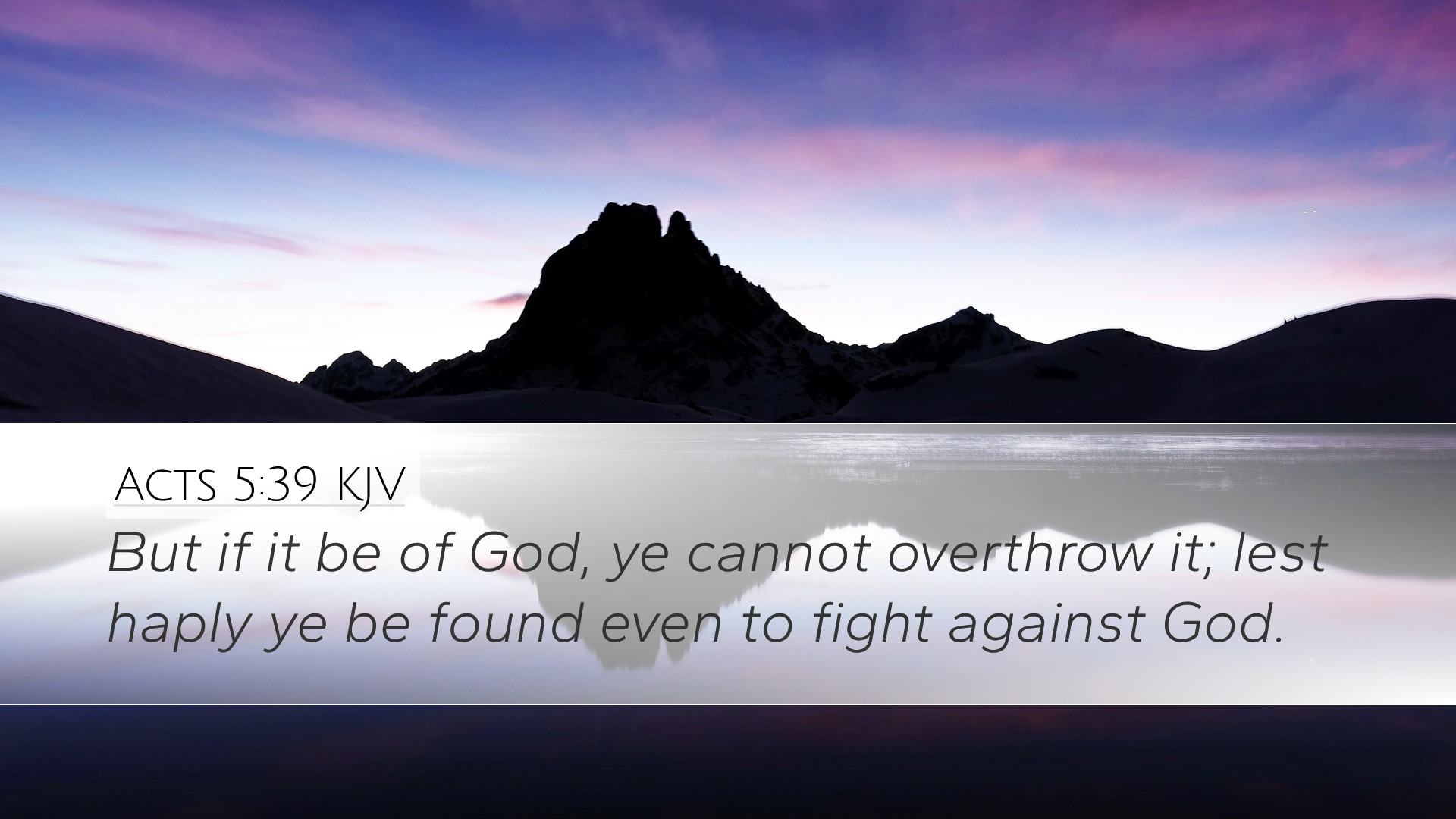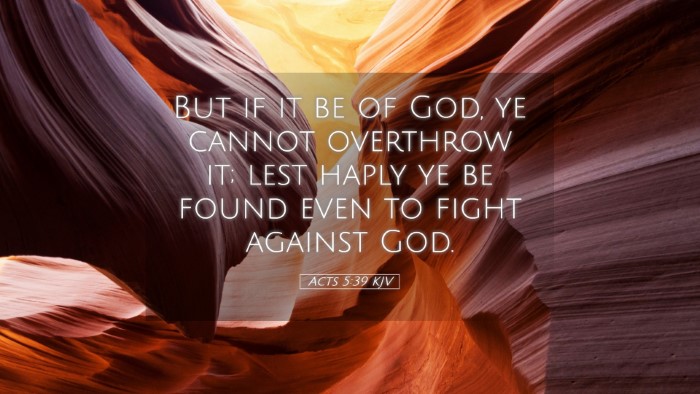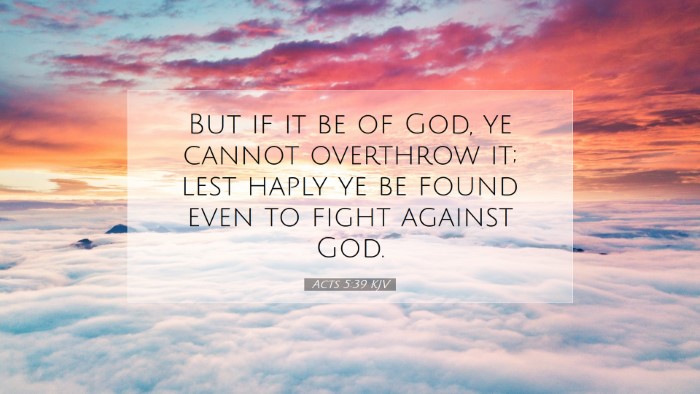Old Testament
Genesis Exodus Leviticus Numbers Deuteronomy Joshua Judges Ruth 1 Samuel 2 Samuel 1 Kings 2 Kings 1 Chronicles 2 Chronicles Ezra Nehemiah Esther Job Psalms Proverbs Ecclesiastes Song of Solomon Isaiah Jeremiah Lamentations Ezekiel Daniel Hosea Joel Amos Obadiah Jonah Micah Nahum Habakkuk Zephaniah Haggai Zechariah MalachiVerse
Acts 5:1 Acts 5:2 Acts 5:3 Acts 5:4 Acts 5:5 Acts 5:6 Acts 5:7 Acts 5:8 Acts 5:9 Acts 5:10 Acts 5:11 Acts 5:12 Acts 5:13 Acts 5:14 Acts 5:15 Acts 5:16 Acts 5:17 Acts 5:18 Acts 5:19 Acts 5:20 Acts 5:21 Acts 5:22 Acts 5:23 Acts 5:24 Acts 5:25 Acts 5:26 Acts 5:27 Acts 5:28 Acts 5:29 Acts 5:30 Acts 5:31 Acts 5:32 Acts 5:33 Acts 5:34 Acts 5:35 Acts 5:36 Acts 5:37 Acts 5:38 Acts 5:39 Acts 5:40 Acts 5:41 Acts 5:42

